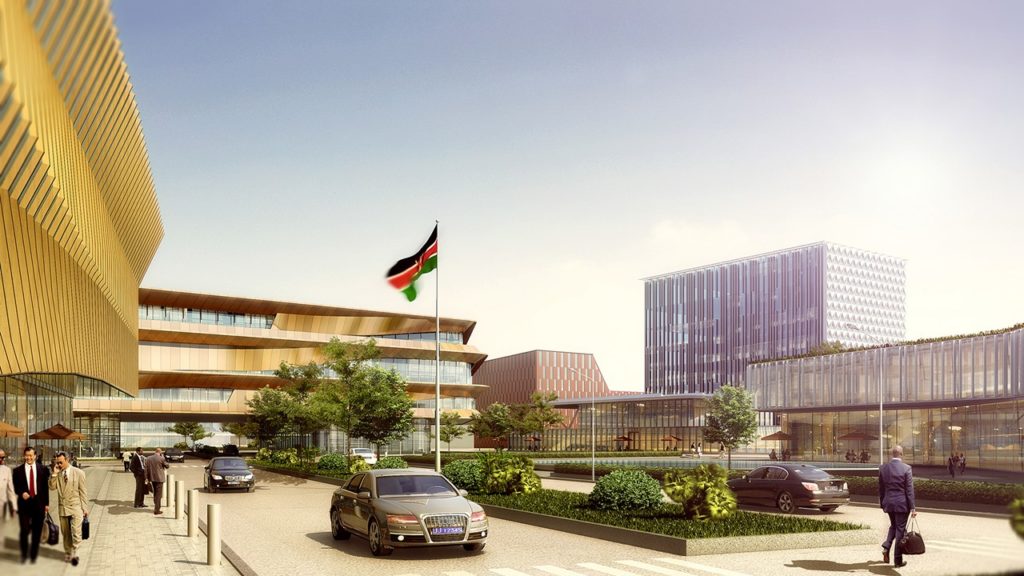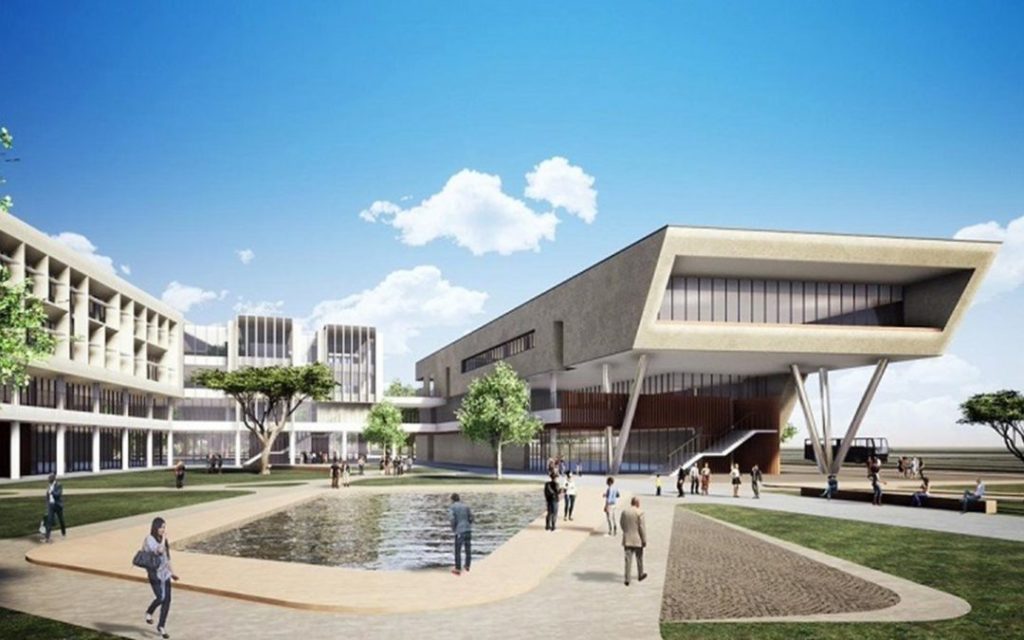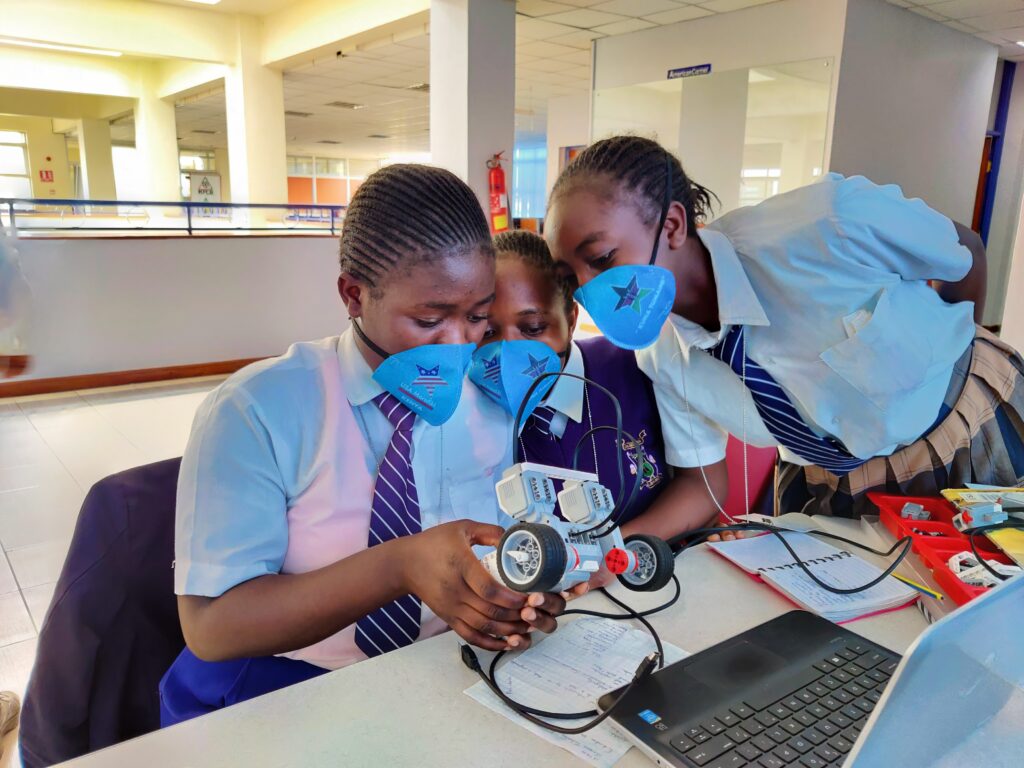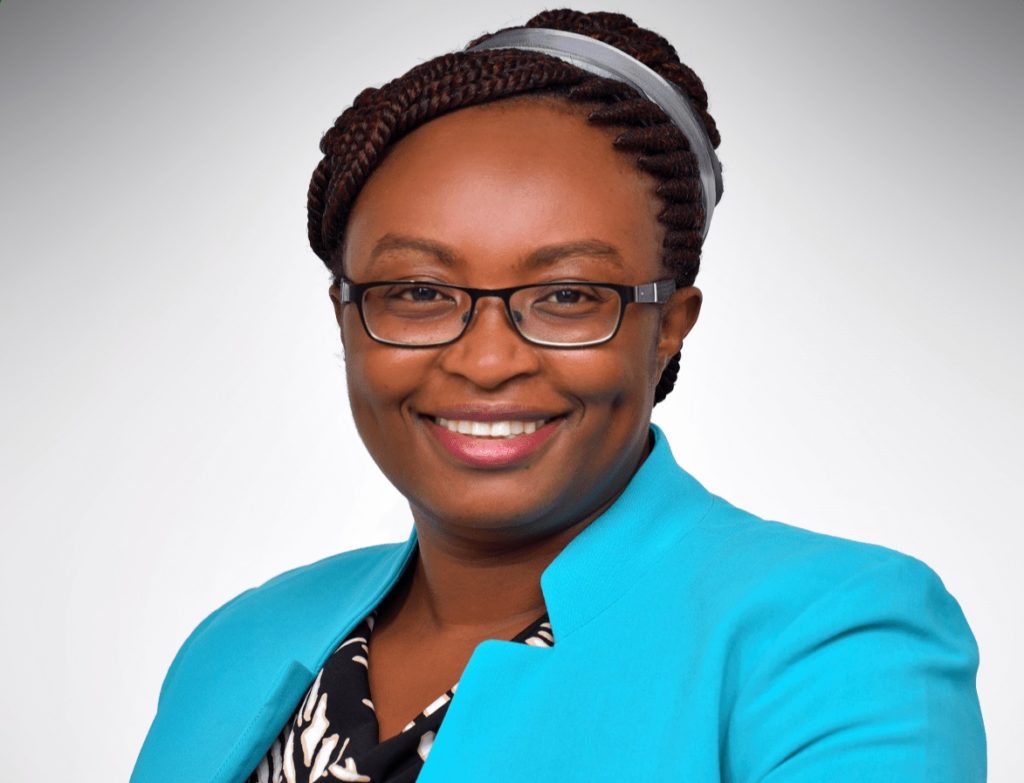Can you introduce Konza Technopolis project?
Konza Technopolis is a technology park about 65 kilometers away from Nairobi. The project initiated in 2008 was effectively launched in 2012 by the Kenyan government, as a strategic investment that would propel the country to the knowledge and innovation economy.

To capitalize on the global momentum of the shift to a knowledge-based economy, we have recognized the need to invest in the development of a "smart city", Konza Technopolis, which aims to become the leading hub for technological development and advancement in East Africa, if not the continent. To this end, we will proceed in two phases. The first consisted in building the city from ground up. We started with the Foundation, which we call the horizontal infrastructure (water reticulation facilities, ICT facilities, waste management systems), in readiness for smartness of the city. Then, in a second phase, we will bring in the technology aspects to activate the vibrancy of the city, with its ecosystem of innovative companies, its science and research activities, its training institutions… Everything will be done so that start-ups are supported to the end to allow them to scale up.
How does this initiative contribute to the promotion of STEM in Kenya?
We want to become a hub of talent where people can work from Kenya for any company in the world because of the current digital transformation. Accordingly, we are looking to create through the STEM (Science, Technology, Engineering, and Mathematics) universities a base of highly talented skilled professionals who can take up the opportunities in the digital space, supported by Konza.
"KAIST will be focused on research, science, technology and innovation"
To achieve this objective, we are building a science technology and innovation-focused postgraduate university of research, called Kenya Advanced Institute of Science and Technology (KAIST). Modeled alongside the Korea Advanced Institute of Science and Technology, KAIST is expected to become our first national STEM knowledge hub, with research facilities and experienced professionals. The latter would ideally be able to draw its students from Kenya and even beyond the country for really focused research contextual to our environment with an intention to commercialize it in deploying new solutions from concept. we are currently working in partnership with the Ministry of Education, to establish the curriculum and of course, with our sister University, which is a Korea Advanced Institute of Science and Technology. Leveraging digital, we see that training will start before the physical infrastructure is done, just so that then the momentum can kick.
About KAIST, why did you establish this partnership with the Koreans in particular?

Korea is one of the most recognized economies when it comes to innovation and we wanted to learn from them. In this respect, the Korean government has been very supportive and is now providing both financial support for the development of KAIST (the two countries signed an agreement in late April under which South Korea will contribute $85 million to the creation of the institute, editor's note) and the experience of its faculty to ensure that the new institution showcases the best of applied learning. It is this type of learning that is most likely to generate solutions that can have a real impact on the country, with appropriate products and services.
"Examples from elsewhere do not make us forget that we are African"
But beyond South Korea, a select number of nations are also working with us on various projects related to the new city of Konza, which is structured around three strategic focus areas: Information and Communication Technologies (ICT), engineering and life- sciences. In particular, we have partnered with Israel, a giant when it comes to innovation - especially in smart agriculture - but also with China, whose government has provided us with smart city solutions such as data centers. We are also very much inspired by what California's Silicon Valley is doing, and by the advantages of its business model. All these useful examples from elsewhere do not make us forget that we are African: we are the Silicon "Savannah" and as such, we seek to retain our originality, by making the most of our continental context.
In the end, in all the above cases, innovation seems to be the key to success...
Absolutely. The Korea advanced Institute of Science and Technology has played a big role in commercializing innovation and research in Korea and brands such as Samsung have originated from that. Having learnt from this successful experience, we have launched a program we call the "Konza Innovation Ecosystem Initiative" to work in partnership with the country's ecosystem of academia, industry development organization and the citizens. This will enable progress on two fronts: skills development, including ICT training and working with other ministry agencies to inform policy and to provide a good environment for growth.
"Beyond promoting innovation and technology, Konza's role is also a policy one as our efforts contribute to achieving the country's socio-economic ambitions"

We are now starting to see some outputs; with promising companies that are scaling thanks to the work that we are doing at Konza technopolis. Moreover, we see ourselves as playing in the policy, environment and supporting requisite policy to ensure that the environment then provides support for skills and ultimately achieve the country’s socio-economic ambitions. A perfect example of this is our recent support for the startup bill, which offers a series of incentives (establishment of a national innovation agency, facilitated business creation, incubation programs...) to help local startups scale up.





